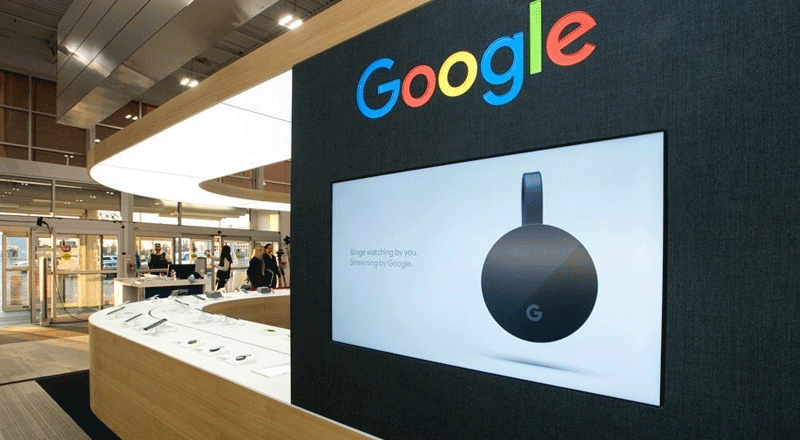The Cloud Kitchen policy of the Delhi government that is scheduled to be rolled out soon has been sent to the Department of Industries and is currently waiting for approval. The policy is expected to increase employability in Delhi.
“We have formulated the policy and sent it to the Department of Industries. Now, we are waiting for their approval,” a DDC (Dialogue and Development Commission of Delhi) officer told the media.
The Department of Industries said that with respect to the Cloud Kitchen policy, the officers are waiting for clarification from some departments. “Currently, we can’t comment on when the policy is going to be launched; we are waiting for some clarification from some departments,” an officer from the Department of Industries said on conditions of anonymity.
The Delhi Government, under Rozgar Budget 2022-23 has plans to create 20 lakh jobs in Delhi in 5 years. On 26 April 2022, representatives from more than 15 cloud kitchens and food delivery aggregators operating in Delhi attended a meeting organised by DDC Delhi and the Department of Industries to discuss some of the pressing problems and how the Delhi government can support the development of the sector in the city.
Cloud kitchens in the industrial areas of Delhi would be beneficial for operators, aggregators, and customers. With access to industrial tariffs, such clusters will help in the expansion of segments within the industrial regions. They may also be free from conversion charges since the establishment of such clusters wouldn’t need a change in land use.
The policy further aims to acknowledge the cloud kitchen industry and to promote its growth in terms of prospects and capabilities. To enable such businesses to run without any difficulties, it is intended that the licence and compliance procedures for cloud kitchens will be streamlined and simplified.
Many cloud kitchen start-ups at present are facing challenges. It is still a low margin business because of the aggregator’s high commission and high technological costs in comparison to return. There is also no direct communication with customers for feedback and reviews and providing the right solution for any issue. Also, many unorganised brands serving unhygienic food in bad working conditions make it difficult for other organized players to match pricing. There is also the absence of a separate policy for cloud kitchens; cooks/staff keep changing their job and as a result, it becomes difficult to maintain the same taste.





